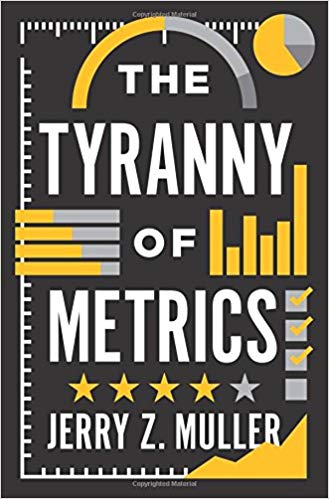What Metrics are Worth Tracking?
SaaS might be the most metric-heavy industry outside of Major League Baseball. MRR, LTV, CAC, and other acronyms are consistently calculated and analyzed. When used correctly, metrics are great tools to help you evaluate several aspects of your business.
But metrics are not perfect. Jerry Z. Muller states in his book The Tyranny of Metrics that metrics are often substituted for judgment. In addition, metrics are useless if they measure the wrong things.
Tracking and storing mountains of data gets cheaper every year. It can be tempting to perform calculations over all of it. Muller provides some questions to ask yourself:
1. What kind of information are you measuring? Different kinds of information produce more reliable measurements. Measuring inanimate objects is more reliable than measuring human behavior. (For example, employees can change their behavior depending on how bonuses are calculated.)
2. Why are you tracking this information? Are you tracking information to aid decision-making? Do people take action based on the information? Beware of “vanity metrics,” information tracked because it looks good, not because it is actionable.
3. How useful is the information? The information most likely to be measured is what is cheap and easy to obtain, not what is most useful. Also, usefulness is often obtained through comparability (for example, comparisons to a budget, last month/quarter/year’s results, industry standards, etc.). Is there a suitable benchmark to use?
4. What are the costs of acquiring the measurement? Consider not only cash, but the time and effort required to track and update. In addition, consider your own attention span. There is only so much data you can process.
Lastly, Muller warns that even the best metrics are subject to goal diversion. In English, goal diversion describes when people might game the numbers to hit targets. Consider whether any incentives exist for people to manipulate the numbers.







